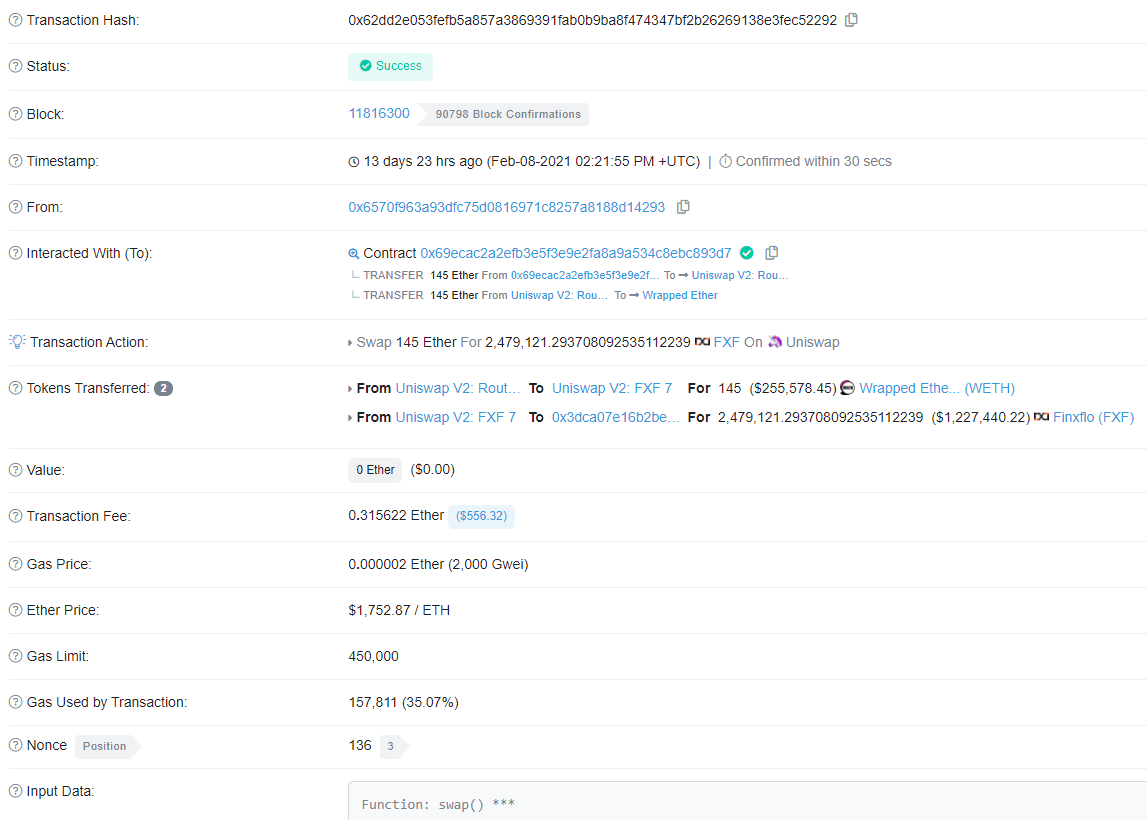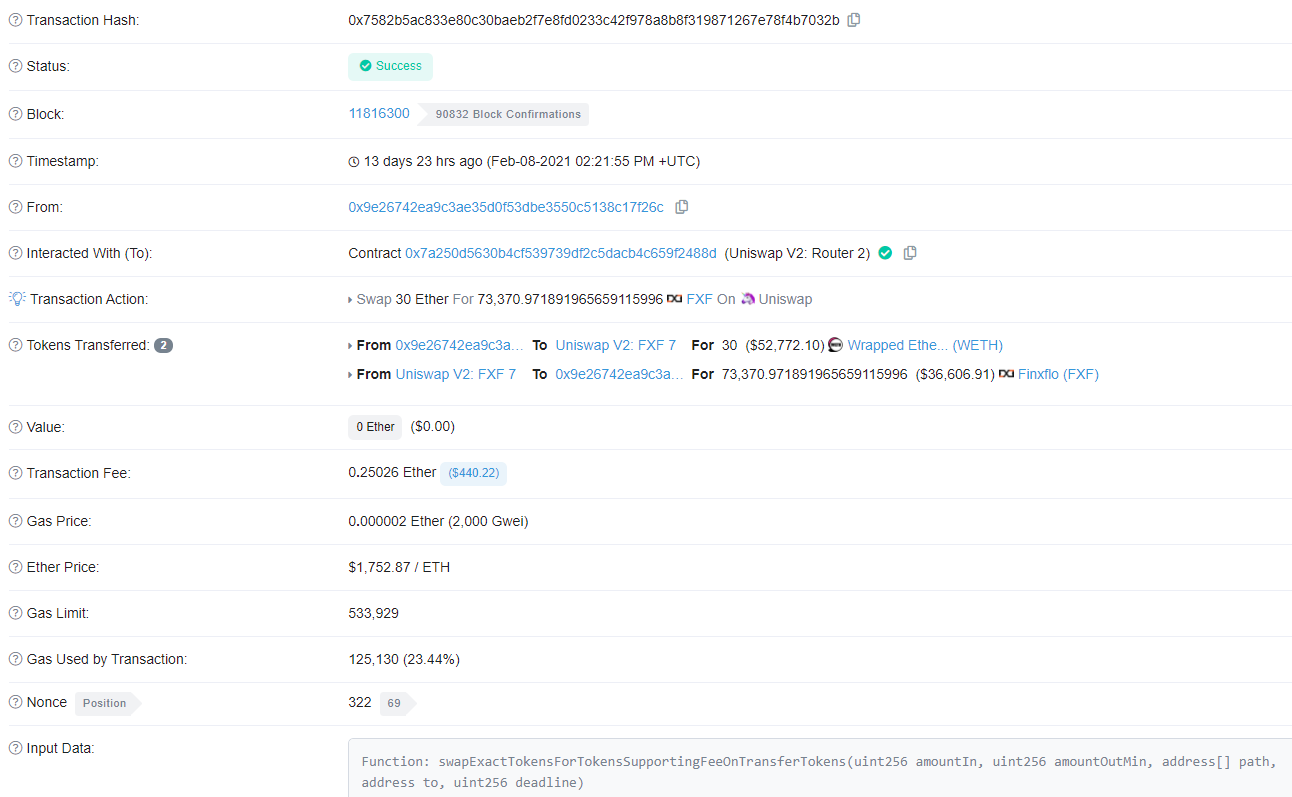All these transactions happened within the single block:
Source: https://etherscan.io/defi?q=0x8a40c222996f9f3431f63bf80244c36822060f12#dextracker
Right now it is still possible to get to the initial transactions, after some time Etherscan will not probably limit to the last 10000 transactions or so.
So here is transaction on top 2000 GWEI: https://etherscan.io/tx/0x62dd2e053fefb5a857a3869391fab0b9ba8f474347bf2b26269138e3fec52292

And here is transaction on the bottom 2000 GWEI too: https://etherscan.io/tx/0x7582b5ac833e80c30baeb2f7e8fd0233c42f978a8b8f319871267e78f4b7032b

Both were mined in the the same block, both had the same gas price. One massively in the profit. One hardly profitable.
What decides about the position in the block?
- Gas price?
- First to be seen by the miner?
- Some other factors?
Bonus question: Is 2000 GWEI some hardcoded number, noticed loads of guys using specifically that amount?

